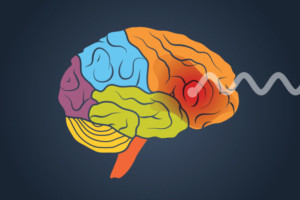Can brain science help identify people who may be predisposed to opioid addiction? Researchers say a weak prefrontal cortex makes people more vulnerable to abusing drugs.
A new USC study examines how to identify the people most at risk of opioid addiction and how to best treat those already addicted.

In a report published Tuesday, researchers in neuroscience, addiction and behavioral health laid out the latest research into what makes individuals vulnerable to substance abuse and dependency, along with new discoveries that may hold the key for successful prevention and treatment for those addicted to opioids and other drugs.
The authors noted that, although the use of psychoactive drugs has occurred in almost every society in human history, fatalities from the more recent wave of opioid use are unprecedented. More Americans are dying from overdoses than from car accidents.
Their study, published in Psychological Science in the Public Interest, makes the case that understanding the neurobiological mechanisms underlying drug-seeking behaviors is critical, as is finding evidence-based prevention strategies for opioid abuse in particular and substance abuse in general.
To read the complete Jenesse Miller/USC News article, click here.
